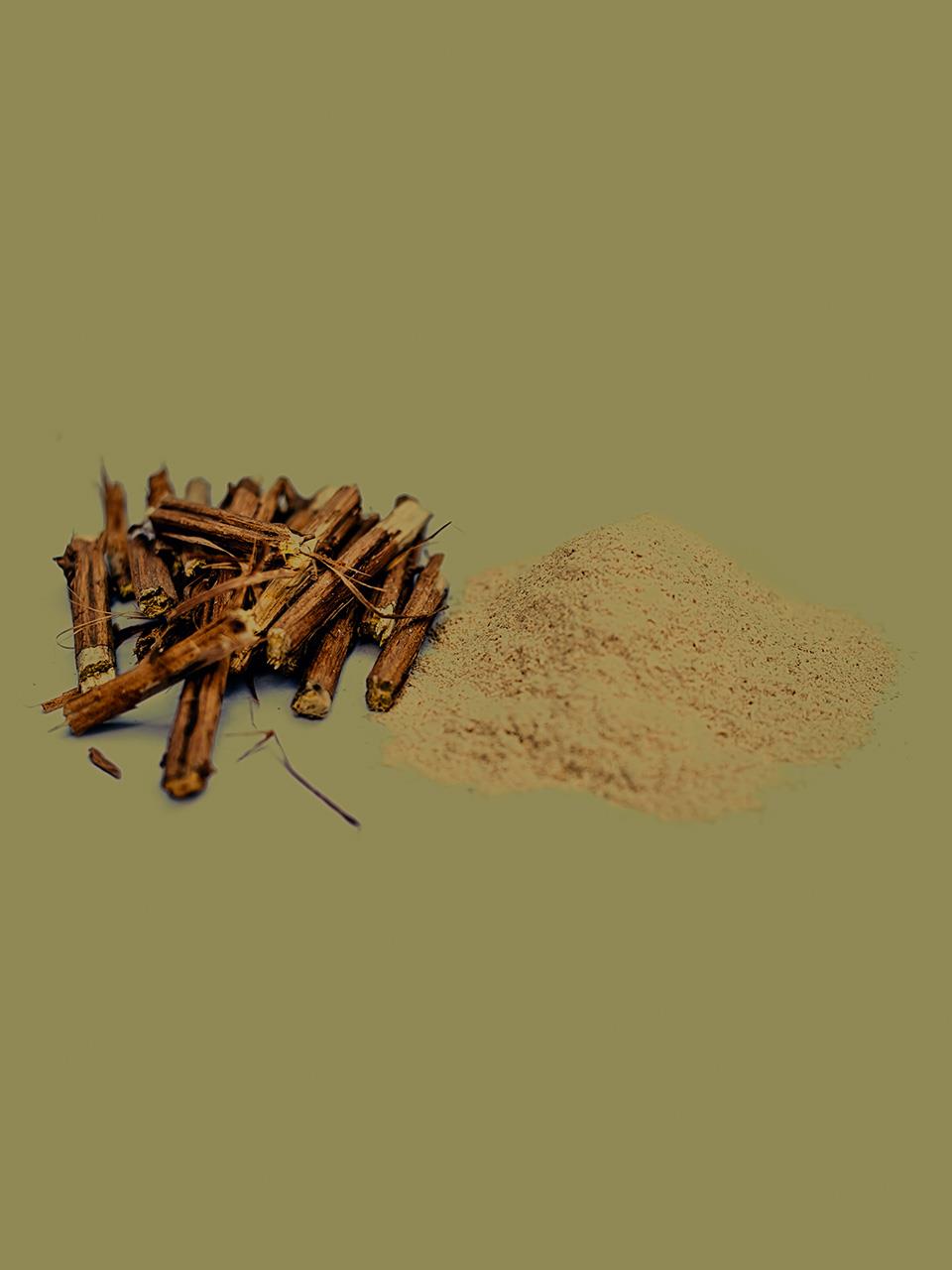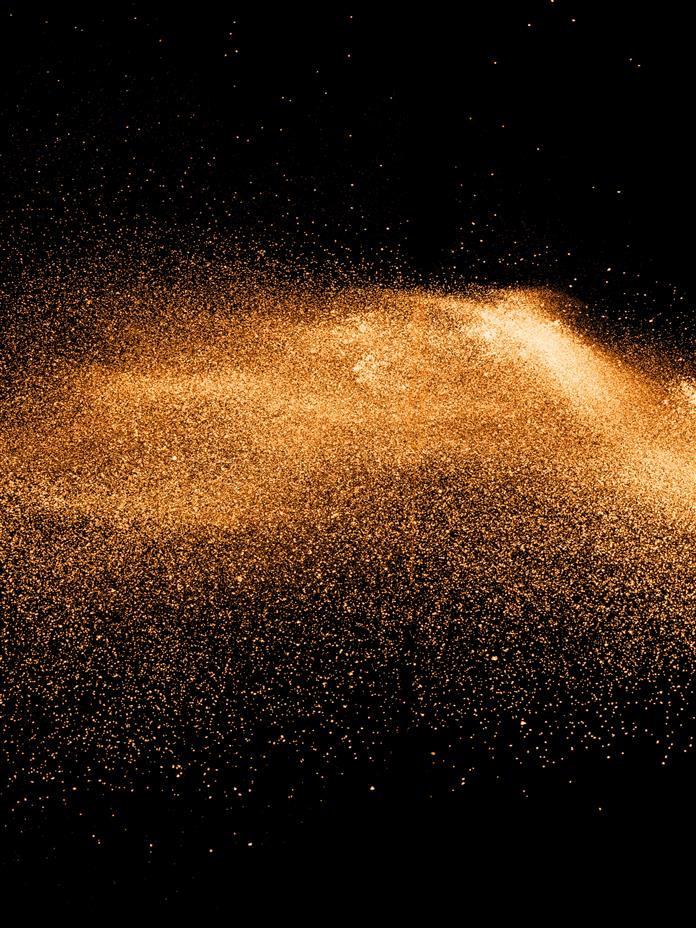
Tap to Read ➤
Ashwagandha Side Effects
Batul Nafisa Baxamusa


Ashwagandha, an Ayurvedic plant has been used for treating many ailments. However, it is not free from side effects. The given story will cover the side effects of this herbal medicine.



You may know Withania somnifera by its common name, Indian ginseng. It is also called winter cherry, Ajagandha, Kanaje Hindi, Samm Al Ferakh, and more commonly ashwagandha. This is an Ayurvedic herb that grows as a stout shrub. It belongs to the family Solanaceae (nightshade family) just like the tomato plant, and it bears yellow flowers and red fruits.

According to Ayurveda, the ancient medicine system of India, ashwagandha is known as a 'rasayana'. Rasayana is a plant-derived drug that helps in improving physical and mental health. It also helps in improving the resistance power against diseases, and revitalizes the body.

Ashwagandha also has the reputation to increase longevity, and improve sex life. It is grown in India, Pakistan, and Sri Lanka. Native Americans and Africans have also been known to use the herb for treating fevers and inflammation, as well as for protection against diseases.

Uses of Ashwagandha
Ashwagandha is known to strengthen the immune system, and thought to be an effective remedy against multiple sclerosis, cancer, and even AIDS. People have been known to use it as a hypnotic drug for self-therapy. It is an energy tonic that helps in soothing the mind, and increasing sexual powers.

It is used as a remedy to 'balance life force' according to Ayurveda. It is therefore, used as a health booster and rejuvenating tonic in traditional Ayurvedic medicine. Ashwagandha is also known to have many antioxidant properties. It is used to treat fungal infections, tuberculosis, chronic upper respiratory illness, etc. It is widely used to treat many gynecological disorders, and cure male infertility and impotence.

Other uses include treatment of anxiety, arthritis, leukoderma, bronchitis, fibromyalgia, hiccups, and chronic liver disease. Many Ayurvedic practitioners prescribe this herb for improving concentration power, and decreasing stress, pain, inflammation, etc., as well as for reducing the effects of aging. This herb also helps in treating wounds and backache, according to Unani as well as Ayurvedic medicine.

Side Effects of Ashwagandha
Just as every coin has two sides, ashwagandha too has its side effects. Although it is said that ashwagandha side effects are almost non-existent, but there are some adverse effects that have been observed in some people during case studies.
These include:
- Slight elevation of body temperature after one week of use
- Drowsiness, if ashwagandha is not taken with a meal
- Flatulence, after taking ashwagandha along with antacids
- Irritation in the gastrointestinal system
- Development of small lesions and inflammation
- Vascular congestion
- Kidney diseases
- Diarrhea
- Vomiting
- Nausea
- Heaviness in the abdomen
- Aggravation of autoimmune diseases (Hence, patients with this condition should avoid ashwagandha completely)
- Lowering blood sugar levels, especially in diabetics
Ashwagandha Dosage
Ashwagandha is available in many forms, and you need to follow different dosages for each. In case you are having the powdered form, then you may take 3-6 grams of the powder, thrice a day. It is also available in form of a decoction. You can have 16-31 grams of the decoction, with boiled cow's milk, thrice a day. You can have 2 tablespoons of the herbal extract thrice a day. Remember, you should avoid taking this supplement if you are on any type of sedative medications.
Caution is the Key
Many herbalists have warned that people with certain conditions should avoid using ashwagandha. People suffering from diabetes, liver diseases, digestive disorders, and ulcers should not take ashwagandha. Liquid ashwagandha tonics are prepared in sugar and/or alcohol. Therefore, people with alcohol problems should also avoid intake of ashwagandha.
Pregnant and breastfeeding women should also avoid taking ashwagandha, as it may have potential risk to the fetus and the infant. People suffering from autoimmune diseases should also avoid taking this herbal supplement as it activates the immune system.
Ashwagandha side effects have only short, vague evidences that are not very conclusive. Indian adults, as well as children, have used ashwagandha for centuries, without any major problems. You should always speak to your doctor before consuming this medicinal supplement.
One should not outweigh the risks, and throw caution to the wind. Ashwagandha has excellent safety marks and therefore, with a bit of precautions, you can have ashwagandha with your doctor's advice.